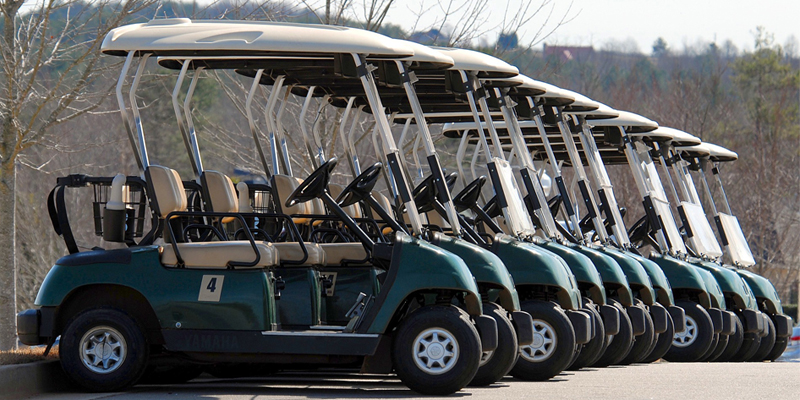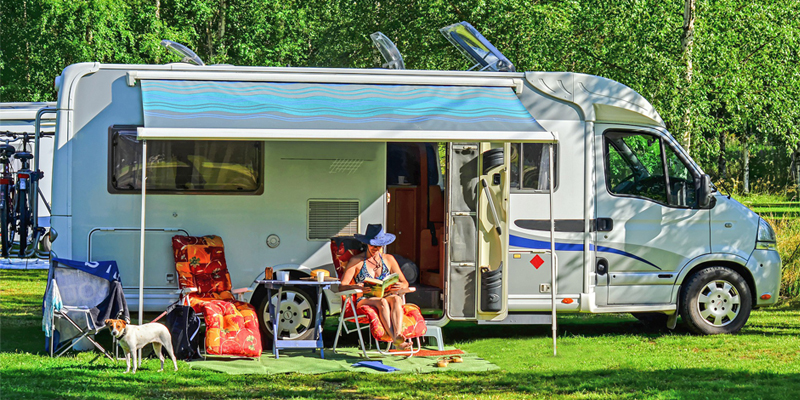Choosing The Right Batteries For Your Overland Vehicle
If you are interested in overland vehicles, it pays to figure out the best way to power it. By taking the time to find the right battery setup for your overland vehicle, you’ll be able to hit the terrain without worry. When you are in need of a new system, these are the tips you’ll need to consider.
Finding the Right Battery Setup for Overland Vehicles
Lithium batteries are used in a number of applications, including marine vehicles, overland vehicles, golf carts and more.
Here’s what you need to know before making a purchase:
1.Understand the Specifications
As you research various batteries, you will need to look into its specifications to ensure it’s the right fit for your application and power needs. Learning about each battery’s capabilities will allow you to make the proper choice for your overlanding vehicle.
Each overlanding outfit will have different requirements and for some a single battery unit may be plenty while for others they may require a multi-unit setup for those long trips to the middle of nowhere. Everything must be considered from the weight of the unit to its power output. We understand that the details matter when it comes to exploration and adventure.
2.Consider the Maintenance That Comes with Your Battery
Anytime you’re using batteries on a regular basis, you’ll need to be fully aware of the maintenance that comes with the territory. This means understanding the status of the battery’s power before long trips and making sure that the connections are secure.
Thankfully, lithium batteries require virtually no maintenance, so your maintenance costs and obligations will be low. Both on and off-season maintenance is minimal making your experience with lithium worry and stress free. This is yet another reason why they are an excellent investment.
3.Decide on What Power Needs You Have
Quite possibly the most important consideration to make when looking to install a new system or upgrade from your existing battery system is what kind of power you will need.
This will depend on the type of vehicle you own, how often you drive it, and what you may be powering with your lithium deep cycle battery. In terms of voltage, you might purchase batteries that are 12.8 Volts, 25.6 Volts, 51.2 Volts, and other power measurements.
You should also consider amperage and other measurements that come into play when you are in the market for a new battery setup.
When you use deep cycle batteries, they’ll still power your electronic devices when you’re stopped. This is particularly useful when you’re in undeveloped areas with no hookups or access to power sources. Regardless, LiFeP04 batteries offer a solution to every enthusiast’s needs.

4.Weigh the Pros and Cons of Lead-Acid vs. Lithium
It’s important to think about the features you require in a battery for your expeditions, then decipher which battery chemistry is ideal for your needs.
Lead-acid batteries may still dominate the market, but many overland adventurers are moving to lithium batteries instead because they’re a superior alternative to traditional batteries. The benefits of choosing LiFePO4 over lead-acid for any application are numerous. And, when it comes to your overland vehicle, there are specific advantages that make lithium overland batteries the ideal choice. They weigh less, offer more usable capacity, they’re safe and they have a much longer life cycle, up to ten times longer. Lead-acid, on the other hand, can weigh twice as much as lithium and requires far more maintenance while still producing less usable capacity over its range. Lithium out performs lead-acid in nearly every category and is an excellent long term investment for those looking to get off the grid.
5.Decide How Much You Want to Pay
Of course, you will need to consider the price whenever you are in the market for a new battery setup.
There are several types of batteries, including FLA, GEL, AGM and LiFePO4, so it pays to figure out your budget in advance, while also having an idea of how much one of these new batteries will cost you. While lithium batteries have a higher upfront cost, the true cost of ownership is far less than lead-acid when considering life span and performance. Changing batteries less often means fewer replacement and labor costs. These savings make lithium batteries a more valuable long-term investment than lead-acid batteries.
If you are going to have a repair shop handle the installation, be sure to get cost estimates of both the battery itself and the labor for the installation.
6.Consider Waterproofing and Other Protective Features
Finally, make sure that you get a listing of all the features that come with the battery.
A number of overland battery setups come with waterproofing, which will protect it from rain and changes in moisture. You’ll want to buy a battery that has thickly insulated, anti-corrosive cables as well. This will allow you to keep the battery intact and flowing with the current.
See what connectors it comes with and see if you can trade-in your old battery before buying a new one.

Buy the Perfect Battery for Your Overland Vehicle
When you consider a battery setup for overland vehicles, these are the tips you need to be aware of.
We’ve got you covered when you are in the market for any kind of battery setup that you need.
Consider these tips and buy a deep cycle lithium battery that is perfect for your overland adventures.


